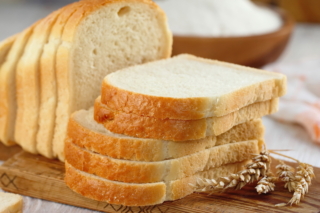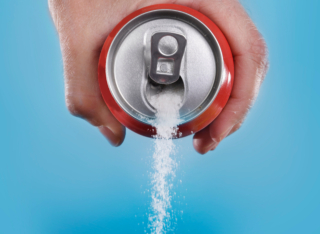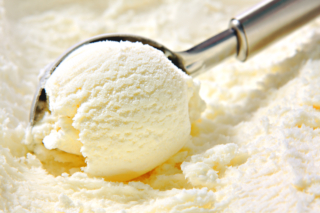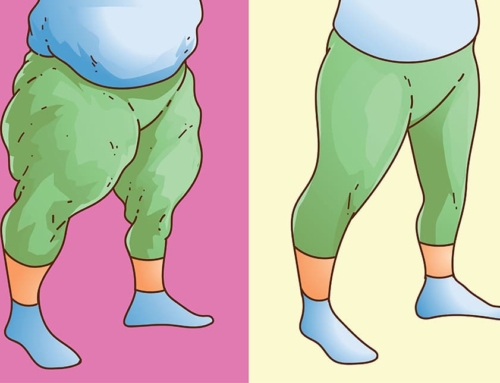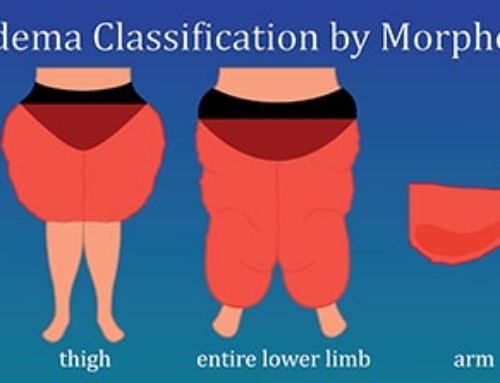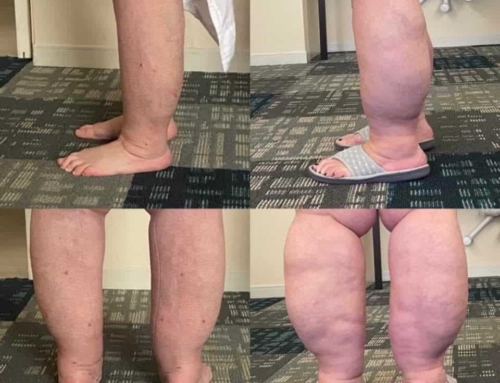Diet is Key to Managing Lipedema
Lipedema is a chronic condition that primarily affects women and is characterized by the abnormal accumulation of fat cells, typically in the legs and arms. While there is no cure for lipedema, managing the condition through proper diet and exercise can help alleviate symptoms and improve overall quality of life.
Maintain a Healthy Diet
One of the key components of managing lipedema is maintaining a healthy weight, as excess body fat can worsen symptoms and increase inflammation in the affected areas. With that in mind, there are certain foods that can exacerbate lipedema symptoms and should be avoided or limited in the diet.
Foods and Additives to Avoid
One of the worst foods to eat for lipedema is processed and high-sodium foods. These types of foods can lead to water retention and swelling, which can worsen the appearance of lipedema-affected areas. Additionally, high-sodium foods can contribute to inflammation in the body, which can further exacerbate symptoms.
Another food to avoid is refined sugar and carbohydrates. These types of foods can lead to spikes in blood sugar levels and increase inflammation in the body, which can worsen lipedema symptoms. Instead, opt for whole grains and natural sweeteners like honey or maple syrup in moderation.
Other worst foods to eat for lipedema are fried and fatty foods should also be limited in the diet, as they can contribute to weight gain and inflammation in the body. Instead, focus on incorporating lean proteins, healthy fats, and plenty of fruits and vegetables into your meals.
Lastly, alcohol and caffeine should be consumed in moderation, as they can dehydrate the body and worsen swelling and inflammation in lipedema-affected areas.
Managing Lipedema Through Diet
Proper management of your disease is crucial for alleviating symptoms and improving quality of life. By avoiding or limiting processed and high-sodium foods, refined sugar and carbohydrates, fried and fatty foods, and alcohol and caffeine, individuals with lipedema can help control symptoms and maintain a healthy weight. Consulting with Dr. Marcia Byrd or Dr. Jovanni Blackmon can also provide personalized guidance on managing lipedema through diet and lifestyle changes.




